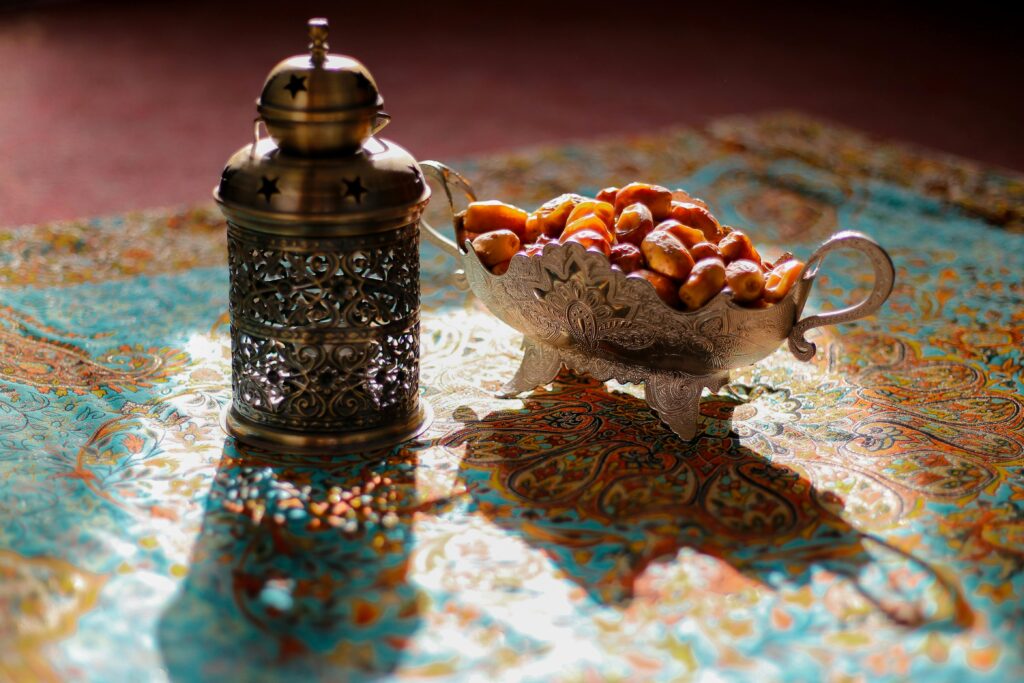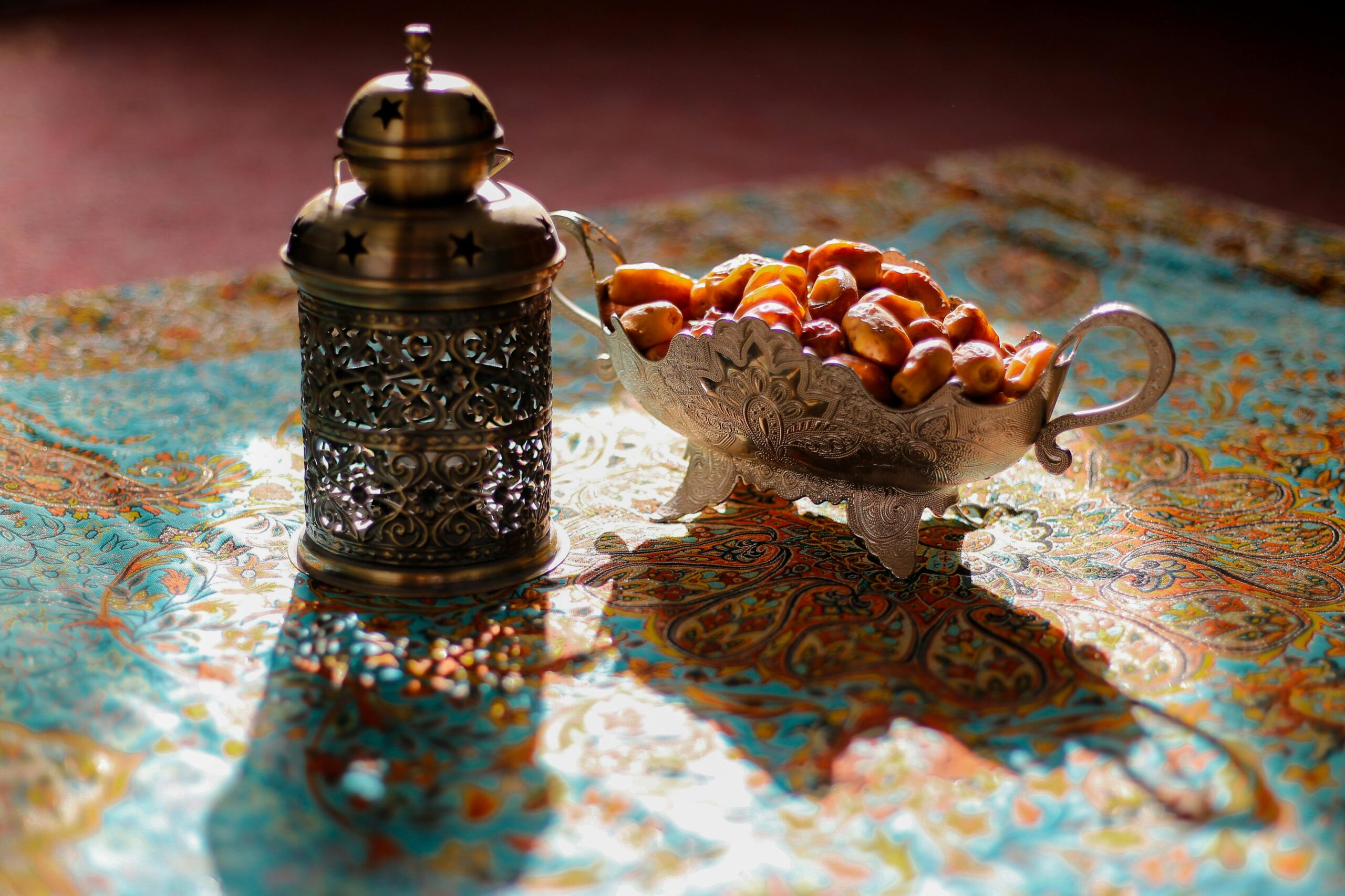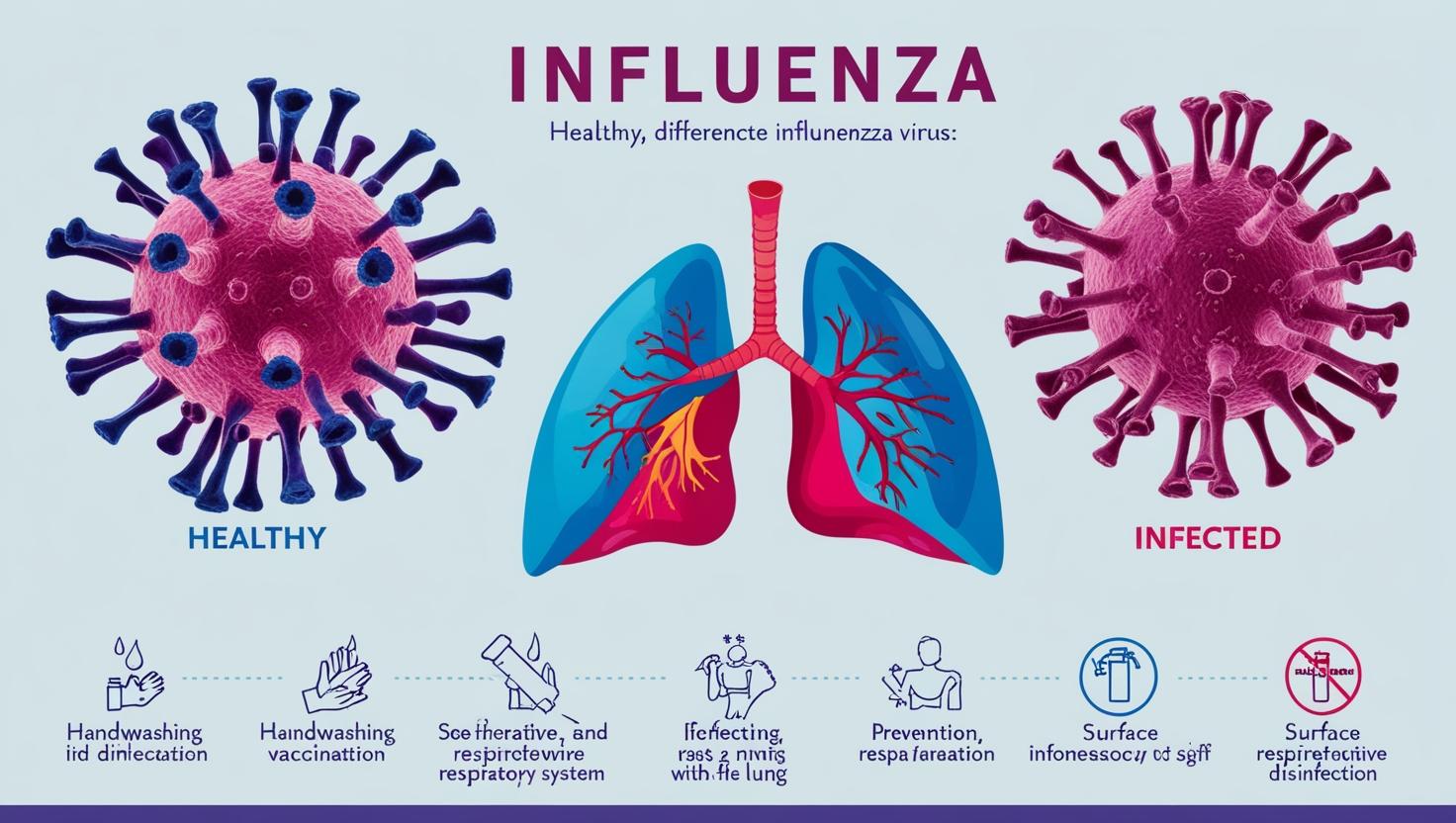What is Iftar?

Iftar is the meal Muslims eat after sunset to break their daily fast during the holy month of Ramadan. Fasting, or sawm, is one of the Five Pillars of Islam, and it involves abstaining from food, drink, and other physical needs from dawn until sunset. Iftar marks the end of this daily fast and is often a moment of gratitude, reflection, and communal gathering.
When is Iftar?

The timing of Iftar is determined by sunset and coincides with the Maghrib prayer. Since Islamic months follow the lunar calendar, Ramadan shifts approximately 10 days earlier each year, meaning the exact time of Iftar varies by location and season. Muslims often rely on prayer timetables, mosque announcements, or mobile apps to determine the precise Iftar time each day.
Traditionally, Iftar begins with the consumption of dates and water, following the practice of Prophet Muhammad (peace be upon him). This is then followed by a larger meal, which varies based on cultural and regional traditions.
The Meaning and Significance of Iftar
Iftar is more than just a meal—it is a deeply spiritual and communal experience. It represents:
- Gratitude: After a full day of fasting, breaking the fast is an opportunity to appreciate food and sustenance.
- Community & Family: Many Muslims gather with family, friends, and even strangers to share Iftar, fostering a sense of unity.
- Charity & Generosity: Providing Iftar to the less fortunate is a highly encouraged act of kindness, with many mosques and organizations hosting community Iftar meals.
- Reflection & Prayer: Breaking the fast is often accompanied by prayers and supplications, reinforcing a connection to faith.
Iftar Ideas: Food, Hosting, and Activities
Traditional Iftar Foods
While the specific dishes vary by culture, some common elements of an Iftar meal include:
- Dates and Water: A traditional way to break the fast.
- Soup: Lentil soup, harira, or other warm broths to gently reintroduce food to the stomach.
- Fruits and Juices: Providing natural sugars and hydration.
- Protein-rich Dishes: Grilled meats, beans, or eggs to replenish energy.
- Carbohydrates: Rice, bread, or pasta for sustained energy.
Healthy Iftar Tips
- Avoid Overeating: Since the stomach shrinks during fasting, eating too much too quickly can cause discomfort.
- Stay Hydrated: Drinking plenty of water and avoiding sugary or caffeinated drinks helps with hydration.
- Balance Your Meal: Incorporate proteins, healthy fats, and fiber to keep energy levels stable.
Hosting an Iftar Gathering
- Potluck Style: Encourage guests to bring a dish to create a diverse meal.
- Decorate Simply: Use lanterns, candles, or a Ramadan-themed setup.
- Plan for Prayer: Allow time for guests to pray together before or after the meal.
Acts of Charity and Community Engagement
- Providing Iftar for the Needy: Donating meals to the less fortunate is a rewarding act.
- Virtual Iftars: For those far from family, video calls can keep the spirit of togetherness alive.
- Inviting Non-Muslims: Sharing Iftar with friends of different faiths fosters understanding and inclusivity.
Conclusion
Iftar is a powerful reminder of gratitude, discipline, and community during Ramadan. Whether celebrated alone, with family, or in a large gathering, it is a moment of spiritual renewal and joy. By embracing both the religious and cultural aspects of Iftar, individuals can make the most of this special time.
If you’re looking to enhance your Iftar experience, try incorporating healthy choices, sharing with others, and taking time for reflection and prayer. Ramadan Mubarak!










